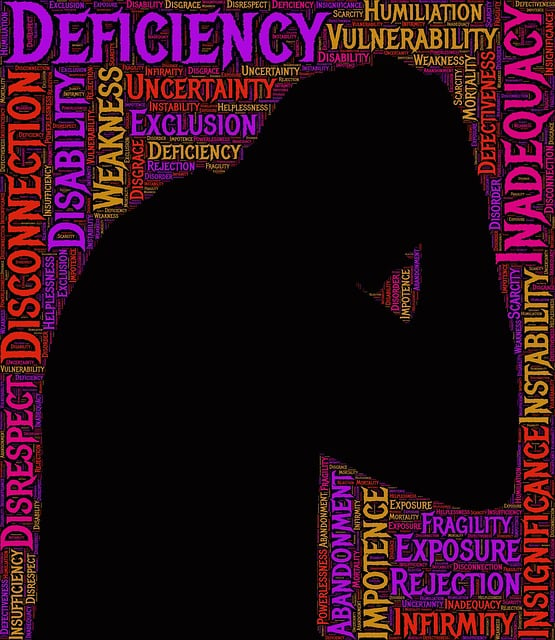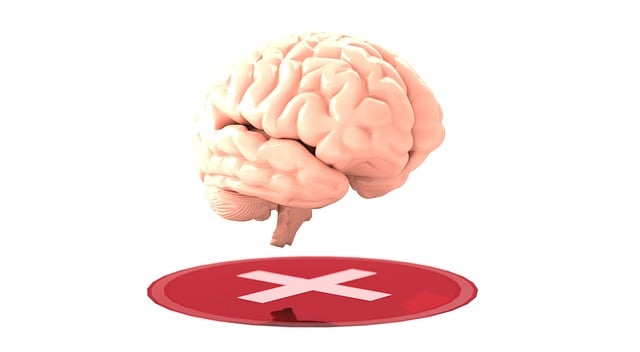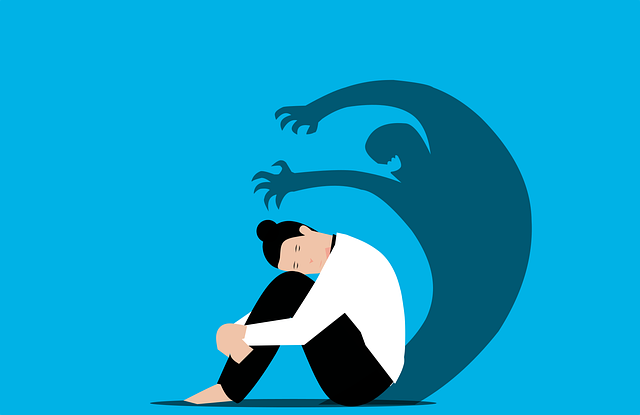Longmont Phobias Therapy emphasizes the importance of coping skills in managing life's challenges and emotional responses, offering a personalized approach to address phobias and triggers. They provide evidence-based methods like CBT, exposure therapy, and mindfulness practices, tailored to individual needs. Through these techniques, clients learn to recognize fears, build resilience, process emotions healthily, and improve overall mood management. The program also reduces mental illness stigma, fostering an understanding environment for open communication. By combining therapy, support networks, and community programs, Longmont Phobias Therapy equips individuals with lasting coping skills for enhanced emotional well-being.
Coping skills development is an essential aspect of maintaining mental health and overall well-being. Understanding what coping skills are and why they matter can help individuals effectively manage stress, anxiety, and other challenges. This article explores various strategies for enhancing coping abilities, with a particular focus on Longmont Phobias Therapy—a comprehensive approach to addressing specific fears and phobias. By identifying personal triggers and learning powerful coping techniques, you can take control of your mental health journey.
- Understanding Coping Skills and Their Significance
- Identifying Personal Triggers and Phobias
- Strategies for Effective Coping Skills Development
- Longmont Phobias Therapy: A Comprehensive Approach
Understanding Coping Skills and Their Significance

Coping skills are the strategies we use to navigate life’s challenges and manage our emotional responses. In essence, they are our personal tools for overcoming stress, anxiety, or even phobias, as seen in Longmont Phobias Therapy. Effective coping mechanisms can range from simple activities like deep breathing exercises or mindfulness practices to more structured techniques such as cognitive behavioral therapy (CBT) and journaling.
Developing strong coping skills is crucial for maintaining mental wellness. It allows individuals to process and express their emotions healthily, foster resilience in the face of adversity, and improve overall mood management. The process of emotional healing often involves a combination of these strategies, tailored to each person’s unique needs. For instance, Mental Wellness Journaling Exercise Guidance can provide a safe space for individuals to explore their thoughts and feelings, while Emotional Healing Processes help transform negative emotions into manageable ones, ultimately contributing to enhanced mental wellness.
Identifying Personal Triggers and Phobias

Identifying personal triggers and phobias is a crucial step in coping skills development. Through Longmont Phobias Therapy, individuals can learn to recognize and understand their specific fears and anxiety-inducing situations. This process involves exploring one’s past experiences, environmental influences, and emotional responses to gain insight into the root causes of these triggers. By confronting and challenging these fears in a safe, controlled environment, individuals can begin to build resilience and develop healthier coping mechanisms.
Social Skills Training and Mood Management techniques often play a significant role in addressing personal triggers. Effective therapy sessions help clients manage their emotions, improve their social interactions, and reduce the impact of stressors on their mental well-being. Additionally, Mental Illness Stigma Reduction Efforts can significantly support this process by fostering an environment where individuals feel comfortable discussing their challenges without fear of judgment, encouraging open communication and promoting understanding.
Strategies for Effective Coping Skills Development

Developing effective coping skills is a vital aspect of maintaining mental health and well-being. At Longmont Phobias Therapy, we understand the importance of equipping individuals with strategies to manage stress, anxiety, and challenging emotions. One key approach involves identifying personalized coping mechanisms that resonate with each person’s unique needs and preferences. This might include techniques such as mindfulness meditation, deep breathing exercises, or engaging in physical activities like yoga or walking. These practices empower individuals to regulate their emotional responses and foster a sense of calm.
Additionally, seeking support from peers, family, or professional mentors can significantly enhance coping skill development. Mental Health Policy Analysis and Advocacy plays a crucial role in creating environments that encourage open conversations about mental wellness. Through community-based programs and Mental Wellness Coaching Programs Development, individuals learn to navigate stressors and build resilience. Burnout Prevention Strategies for Healthcare Providers, for instance, offer valuable insights into managing professional demands while prioritizing self-care, ensuring a holistic approach to well-being.
Longmont Phobias Therapy: A Comprehensive Approach

Longmont Phobias Therapy offers a comprehensive approach to addressing and overcoming specific fears and phobias. This innovative program recognizes that each individual’s experience with phobias is unique, necessitating tailored strategies for effective treatment. By employing a combination of evidence-based techniques, therapists facilitate a journey towards resilience and empowerment. Through cognitive behavioral therapy (CBT), exposure therapy, and other advanced methods, clients gradually confront their fears in a safe and controlled environment, allowing them to develop coping mechanisms that promote long-term recovery.
The program also prioritizes mental wellness by integrating depression prevention strategies and fostering positive thinking. By reducing the stigma associated with mental illness, Longmont Phobias Therapy creates an inclusive space where individuals feel supported throughout their healing process. This holistic approach ensures that clients not only overcome their phobias but also build lasting coping skills to navigate life’s challenges with enhanced emotional well-being.
Coping skills development is a vital process for navigating life’s challenges. By understanding and adopting effective strategies, individuals can enhance their resilience and overall well-being. Longmont Phobias Therapy offers a comprehensive approach to addressing specific fears and triggers, enabling people to overcome barriers and lead more fulfilling lives. Through a combination of personalized strategies, individuals equipped with robust coping skills can better manage stress, anxiety, and phobias, ultimately improving their quality of life.











